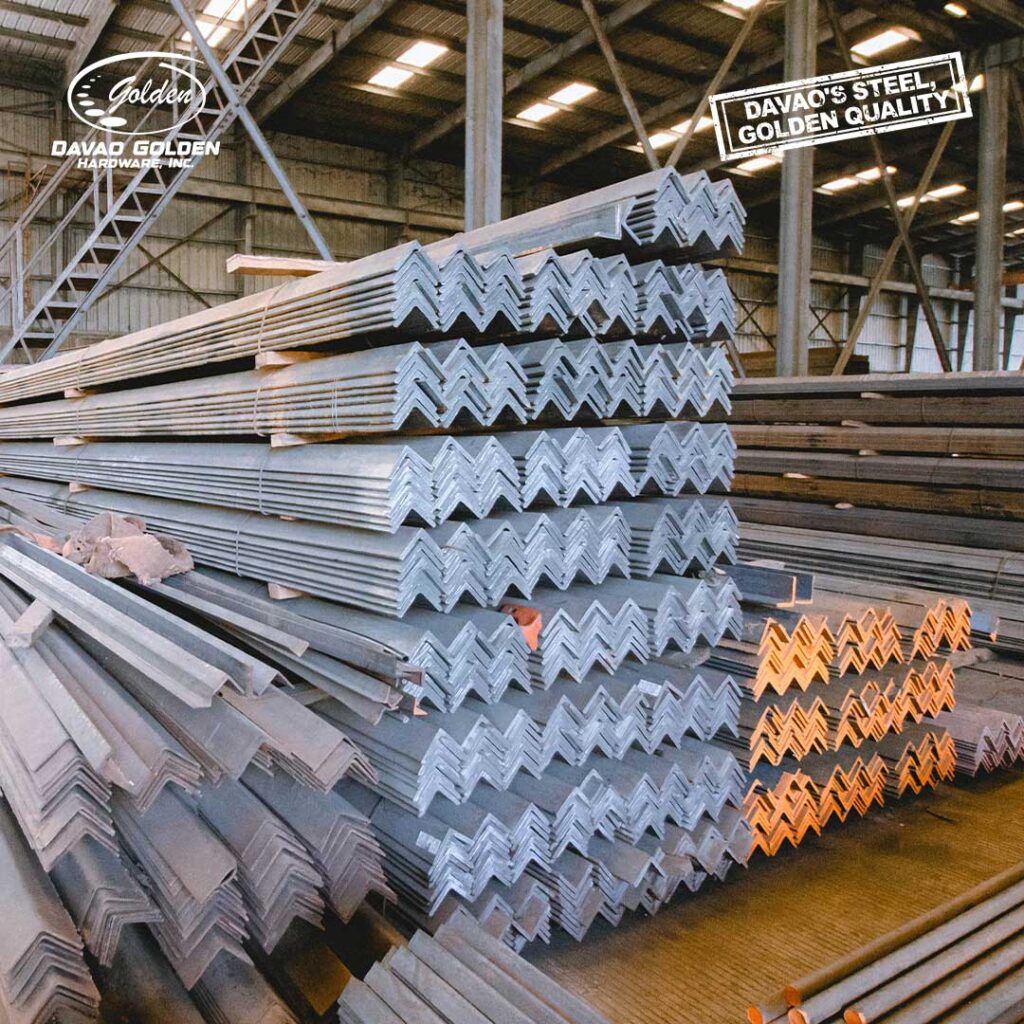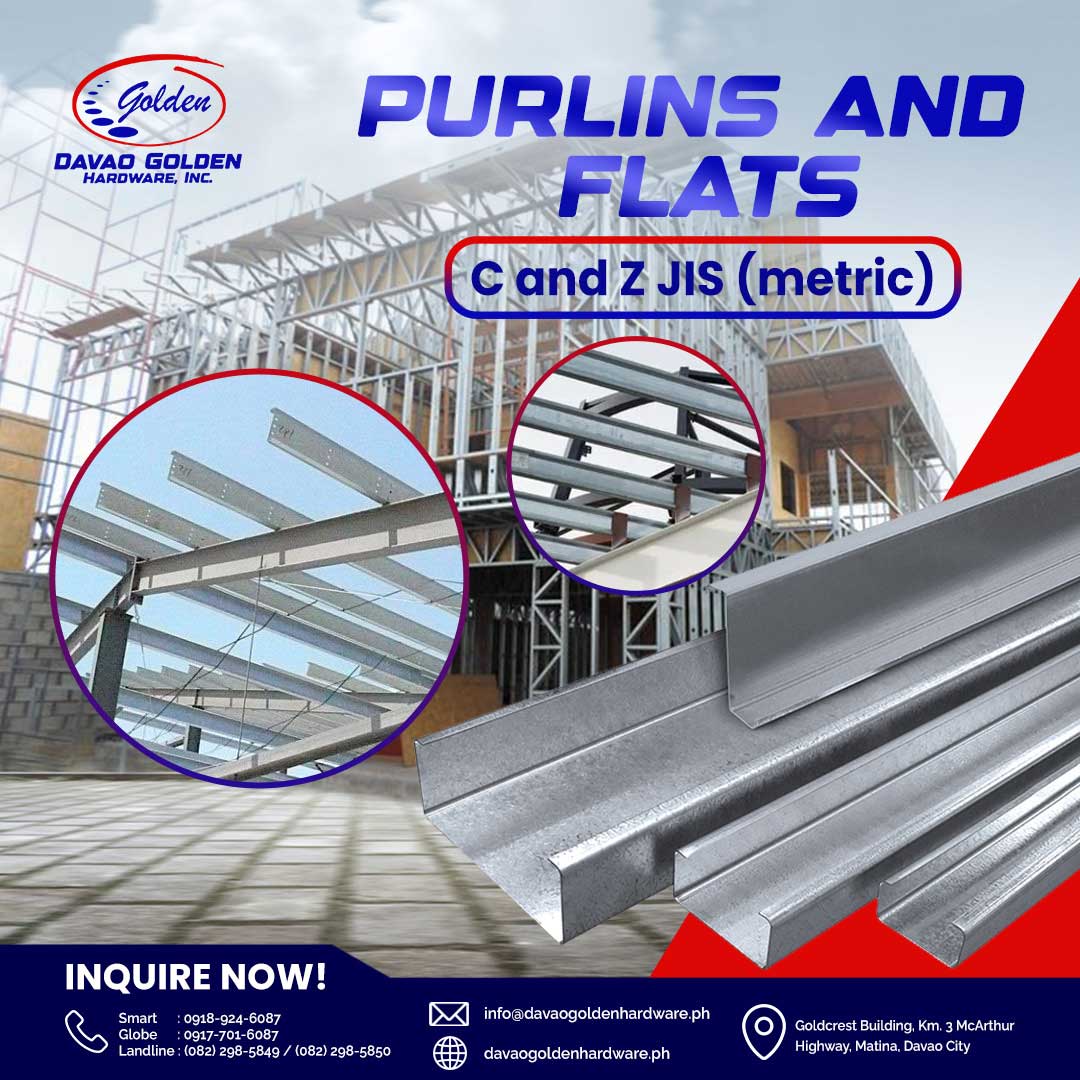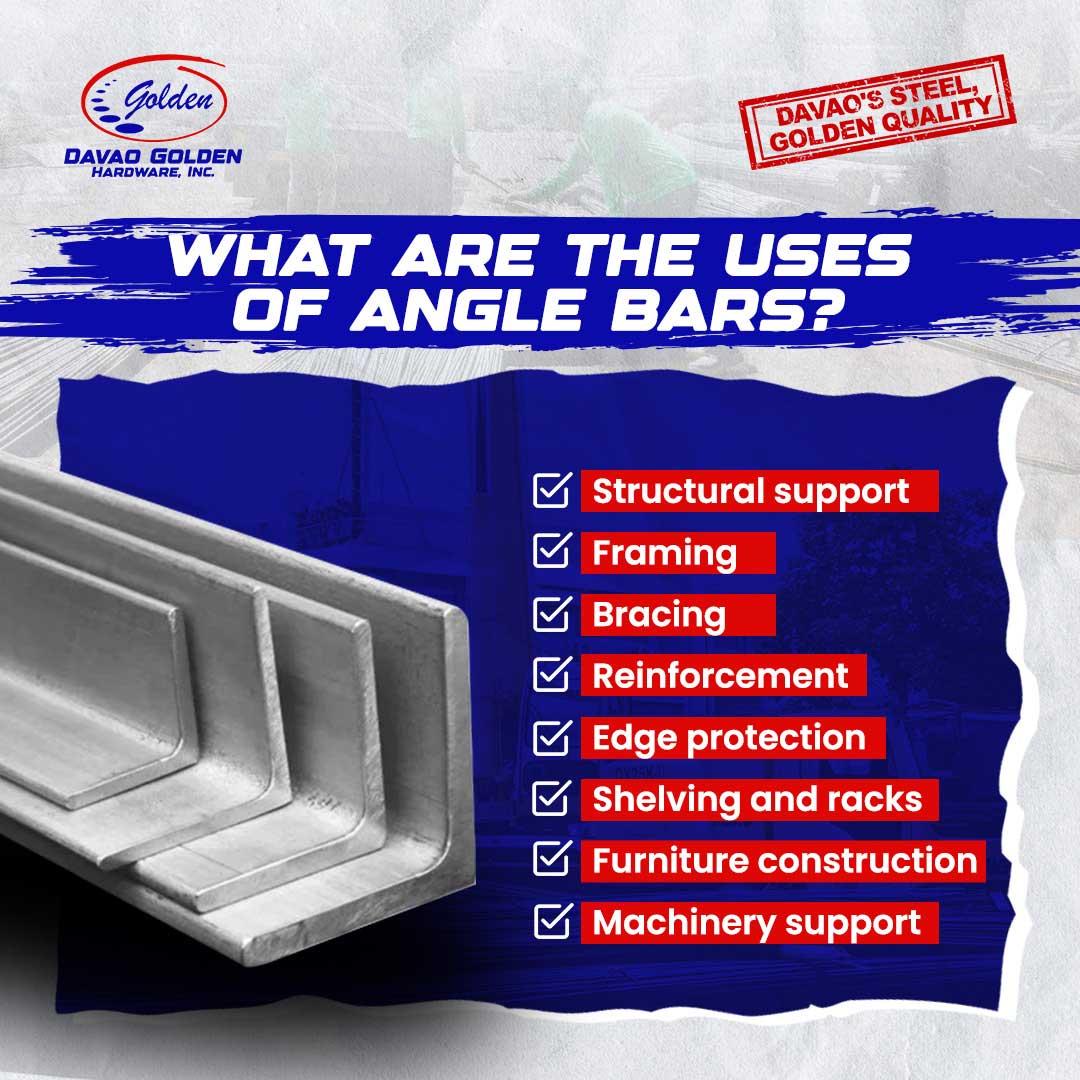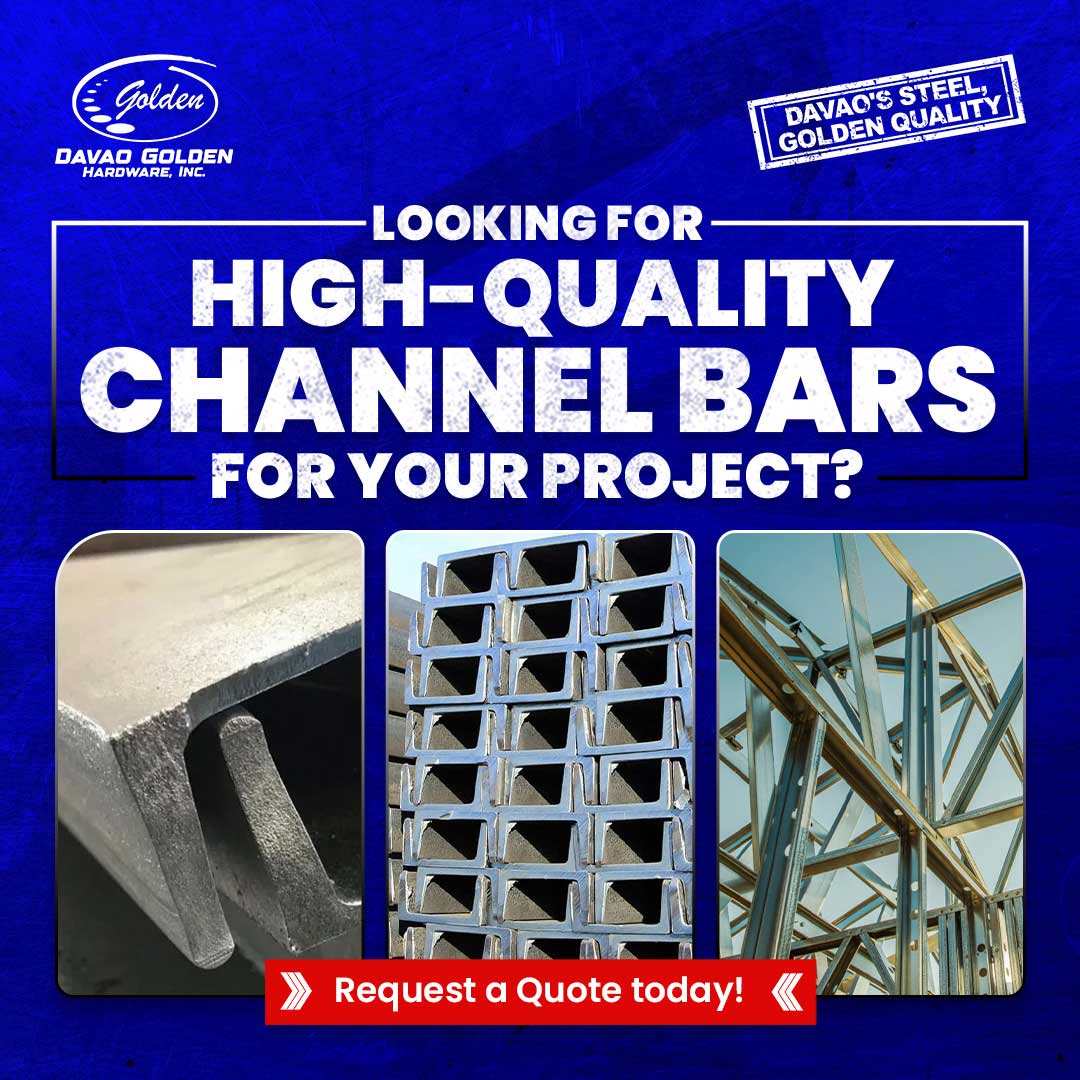
Angle Bar Supplier: Finding Quality L-Shaped Steel Profiles for Your Projects
Angle bar suppliers serve as the backbone of the construction industry’s structural steel supply chain, providing the essential L-shaped profiles that form the framework of countless buildings, bridges, and infrastructure projects. These specialized suppliers maintain extensive inventories, offer technical expertise, and ensure consistent quality that construction professionals depend on for project success.
In today’s competitive construction environment, selecting the right angle bar supplier can significantly impact project timelines, costs, and overall quality. The relationship between contractor and supplier extends far beyond simple material procurement, encompassing technical support, logistics coordination, and long-term partnership development.
The Supply Chain Journey: From Mill to Construction Site
Understanding how angle bars reach construction sites helps appreciate the value that quality suppliers provide:
Steel Mill Production
The journey begins at steel mills where raw materials are transformed into finished angle bar profiles through precision rolling processes. These facilities operate at massive scale, producing thousands of tons monthly to meet global demand.
Primary Distribution Networks
Major steel distributors purchase directly from mills, maintaining regional warehouses that serve as distribution hubs for smaller suppliers and end users throughout their service territories.
Secondary Supplier Networks
Local and regional angle bar suppliers source materials from primary distributors, adding value through inventory management, custom services, and direct customer relationships.
End-User Delivery
The final step involves delivery to construction sites, fabrication shops, or contractor facilities where angle bars are incorporated into finished structures.
Evaluating Angle Bar Supplier Capabilities
Successful supplier selection requires systematic evaluation of multiple factors that impact project outcomes:
Quality Assurance Programs
- Material Certification
- Inspection Protocols
- Testing Capabilities
- Traceability Systems
Inventory Management Excellence
- Stock Availability
- Demand Forecasting
- Storage Conditions
- Inventory Turnover
Value-Added Services
- Custom Cutting Services
- Fabrication Capabilities
- Technical Consultation
- Delivery Coordination
Regional Supplier Networks Across the Philippines
The Philippine angle bar supply market features distinct regional characteristics that influence supplier selection:
Luzon Region Suppliers
Metro Manila Hub: The nation’s largest concentration of angle bar suppliers operates in Metro Manila, offering the widest product selection, most competitive pricing, and most comprehensive services.
Provincial Distribution: Regional suppliers throughout Luzon provide local market knowledge and reduced delivery distances while maintaining connections to Metro Manila sources.
Import Gateway: Many imported angle bar products enter the Philippines through Manila ports, making Luzon suppliers often the first to offer international products.
Visayas Regional Suppliers
Cebu Commercial Center: Cebu serves as the primary distribution hub for the Visayas region, with established suppliers offering comprehensive angle bar solutions.
Inter-Island Logistics: Visayas suppliers specialize in inter-island transportation and logistics, crucial for serving the region’s numerous islands and remote locations.
Regional Manufacturing: Some local manufacturing capabilities exist in the Visayas, offering shorter lead times and competitive pricing for regional projects.
Mindanao Market Suppliers
Davao Distribution Center: Davao functions as the primary angle bar distribution center for Mindanao, with suppliers maintaining substantial inventory to serve the region’s growing construction market.
Specialized Services: Mindanao suppliers often develop specialized services addressing the region’s unique geographic and economic characteristics.
Development Focus: Government development programs in Mindanao create opportunities for suppliers to participate in infrastructure and economic development projects.
Technology Integration in Modern Supplier Operations
Contemporary angle bar suppliers leverage technology to improve service quality and operational efficiency:
Digital Inventory Systems
Real-Time Availability
Modern suppliers offer online inventory checking systems that provide real-time availability information for all angle bar sizes and grades.
Automated Ordering
Electronic ordering systems streamline the procurement process while reducing errors and improving order accuracy.
Mobile Applications
Smartphone apps enable field personnel to check availability, place orders, and track deliveries from construction sites.
Integration Capabilities
Advanced systems integrate with customer procurement and project management systems for seamless information flow.
Logistics Technology
GPS Tracking
Delivery vehicles equipped with GPS tracking provide real-time location information and estimated arrival times.
Route Optimization
Software systems optimize delivery routes to minimize costs and delivery times while maximizing vehicle utilization.
Digital Documentation
Electronic delivery receipts and documentation reduce paperwork while improving record-keeping accuracy.
Communication Systems
Integrated communication systems keep customers informed throughout the delivery process.
Quality Management Technology
Digital Inspection Records
Electronic inspection systems maintain comprehensive quality records while enabling rapid access to historical data.
Barcode and RFID Systems
Automated identification systems ensure accurate inventory tracking and reduce human error in order fulfillment.
Document Management
Digital document management systems maintain mill certificates, inspection records, and quality documentation in easily accessible formats.
Data Analytics
Advanced analytics help suppliers identify quality trends and continuously improve their operations.
Sustainable Practices in Angle Bar Supply
Environmental consciousness increasingly influences supplier selection as construction projects seek sustainable solutions:
Environmental Responsibility
Recycled Content
Leading suppliers prioritize angle bars with high recycled content, supporting circular economy principles while reducing environmental impact.
Carbon Footprint Reduction
Suppliers implement strategies to minimize transportation distances and optimize logistics to reduce carbon emissions.
Waste Minimization
Progressive suppliers develop programs to minimize waste through improved cutting optimization and material utilization.
Energy Efficiency
Suppliers invest in energy-efficient facilities and equipment to reduce their environmental footprint.
Green Building Support
Certification Documentation
Suppliers provide documentation supporting green building certification programs including LEED and BERDE.
Local Sourcing
Emphasis on local sourcing reduces transportation emissions while supporting regional economic development.
Life-Cycle Analysis
Advanced suppliers provide life-cycle analysis data supporting sustainable construction decision-making.
Continuous Improvement
Ongoing programs to improve environmental performance and reduce resource consumption.
Frequently Asked Questions About Deformed Bars
How do I evaluate the reliability of an angle bar supplier?
Assess factors including inventory availability, delivery performance history, quality documentation, customer references, financial stability, and technical support capabilities. Request references from similar projects and verify their track record.
What documentation should I expect from a quality angle bar supplier?
Quality suppliers provide mill test certificates, dimensional inspection reports, material traceability documentation, compliance certifications, and delivery receipts. All documentation should be readily available and properly organized.
How can I ensure consistent angle bar quality across multiple deliveries?
Work with suppliers who maintain rigorous quality control systems, implement statistical process control, and provide batch-to-batch consistency. Establish clear specifications and acceptance criteria in purchase agreements.
What value-added services should I expect from an angle bar supplier?
Modern suppliers offer services including custom cutting, basic fabrication, technical consultation, delivery coordination, inventory management, and emergency response capabilities. Evaluate which services add value to your specific operations.
How do I manage angle bar cost fluctuations in long-term projects?
Consider strategies including forward pricing agreements, material hedging, flexible specifications allowing grade substitution, volume commitments for preferential pricing, and supplier partnerships sharing cost management benefits.
Davao Golden Hardware: Your Premier Angle Bar Supplier
At Davao Golden Hardware, we combine traditional supplier values with modern capabilities to serve construction professionals throughout the Philippines. Our comprehensive approach to angle bar supply addresses every aspect of your material needs.
Related Products
Additional Resources
- Department of Public Works and Highways (DPWH) Standards
- World Steel Association – Construction Applications
- Philippine Institute of Civil Engineers – For professional guidance on construction standards
Need assistance selecting the right deformed bars for your project? Contact our team for expert advice and competitive pricing.




